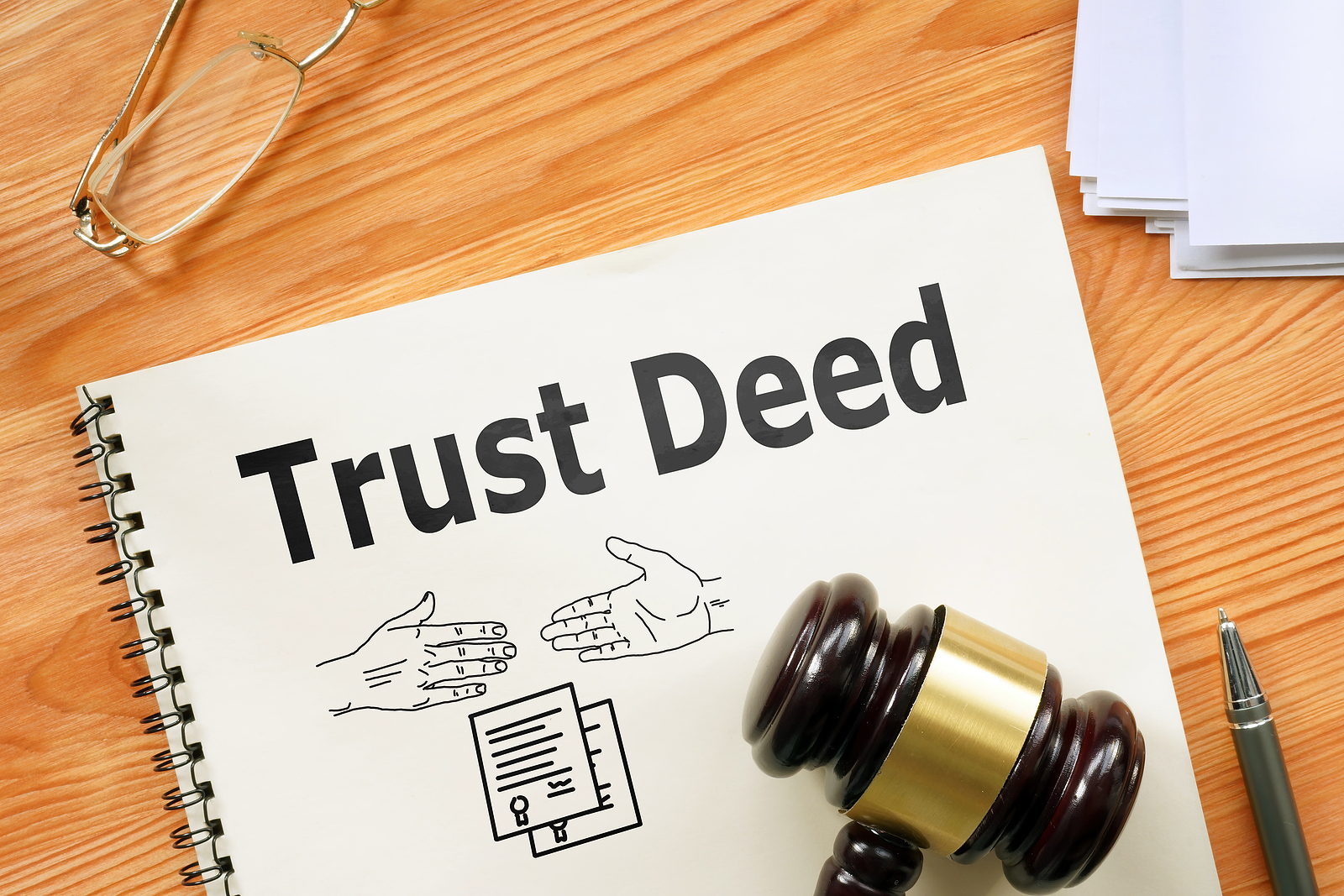A 1031 exchange, also known as a like-kind exchange, is a tax-deferred real estate transaction authorized by the Internal Revenue Code. In fact, it takes its name from a section of the IRS Code – you guessed it, Section 1031.
The IRS, by the way, refers to it as a “like-kind exchange.” Here’s why:
The 1031 Exchange allows Americans who own investment properties to sell them and use the proceeds to buy another property while deferring capital gains taxes on the sale of the first property.
Let’s learn some 1031 Exchange lingo
Like the home purchase and sale process, a 1031 Exchange transaction has its own lingo:
- Relinquished Property: The property being sold by the exchanger.
- Replacement Property: The property being acquired in exchange for the relinquished property.
- The Exchanger: This is the individual or entity selling the relinquished property and acquiring the replacement property.
- Qualified Intermediary (QI): Also known as a 1031 Exchange Accommodator, this is an impartial third party who helps facilitate the exchange by holding the funds during the process.

How a 1031 Exchange transaction works
Here’s a step-by-step breakdown of how a 1031 exchange works:
Step 1: Sell the Relinquished Property
The exchanger sells their investment property and identifies potential replacement properties within 45 days.
Step 2: Choose a Qualified Intermediary
According to IRS rules, a qualified intermediary is engaged to hold the funds from the sale until the replacement property is purchased.
Step 3: Identify Replacement Property
Within 45 days of selling the relinquished property, the exchanger must identify one or more replacement properties in writing to the QI.
Step 4: Acquire the Replacement Property
The exchanger has 180 days from the sale of the relinquished property to complete the acquisition of the replacement property.
Step 5: Complete the Exchange
The QI transfers the funds to purchase the replacement property, and the exchanger completes the exchange, deferring capital gains taxes.
Visit IRS.gov for more information on the 1031 Exchange

How to find the right 1031 qualified intermediary
“Under federal regulations for 1031 exchanges, practically anyone can become a qualified intermediary,” according to the experts at 1031CrowdFunding.com. This doesn’t mean you should appoint Uncle Fred who used to be a real estate agent for the job.
The folks at 1031CrowdFunding.com offer a list of QI duties, stressing the importance of choosing someone who knows what he or she is doing. Some of these duties include:
- Dealing with the legal documents
- “Preparing documentation regarding the relinquished and replacement properties.”
- Working with the title or escrow company with regards to giving them the instructions and documents.
- Placing the funds from the sale of the relinquished property in an escrow account until the exchanger has identified the replacement property.
- Making sure that the exchange is done in accordance with IRS rules.
There are additional considerations and you can find them at the aforementioned 1031Crowdfunding.com website.
Finding this 1031 superhero isn’t as difficult as it may seem. First, ask the title or escrow company for a referral. If that doesn’t pan out, consult the Federation of Exchange Accommodators website.
We must warn you, it’s a rather antiquated and not a user-friendly website but it does offer good information and contacts.

The benefits of the 1031 Exchange
A 1031 exchange offers several benefits, chief among them the ability to defer capital gains taxes. By doing this, you can reinvest the full proceeds from the sale into a more valuable property, potentially increasing your wealth. Additional benefits include:
- The Exchange allows you to diversify your real estate portfolio by swapping properties in different locations or asset classes.
- Repeated exchanges can enable you to continuously defer taxes, facilitating the accumulation of wealth over time.
However, there are some considerations to keep in mind:
Remember what the IRS calls a 1031 Exchange? Like-Kind Exchange. The replacement property must be of “like-kind” to the relinquished property, typically meaning it should be investment or business property rather than personal property. So, no, you can’t use your home in a 1031 Exchange.
Then, there are the timelines. Yes, they are strict and yes, you will be expected to meet the deadlines.
Finally, we cannot impress upon you enough that a 1031 Exchange is not a DIY project for the newbie. Please consult with a qualified intermediary, tax advisor and real estate attorney to ensure compliance and make informed decisions.
Remember, while the concept of a 1031 exchange may seem overwhelming at first, consulting with professionals and qualified intermediaries can help you navigate the process smoothly.
So, if you’re considering selling an investment or business property and reinvesting, don’t forget to explore the potential benefits of a 1031 exchange.





